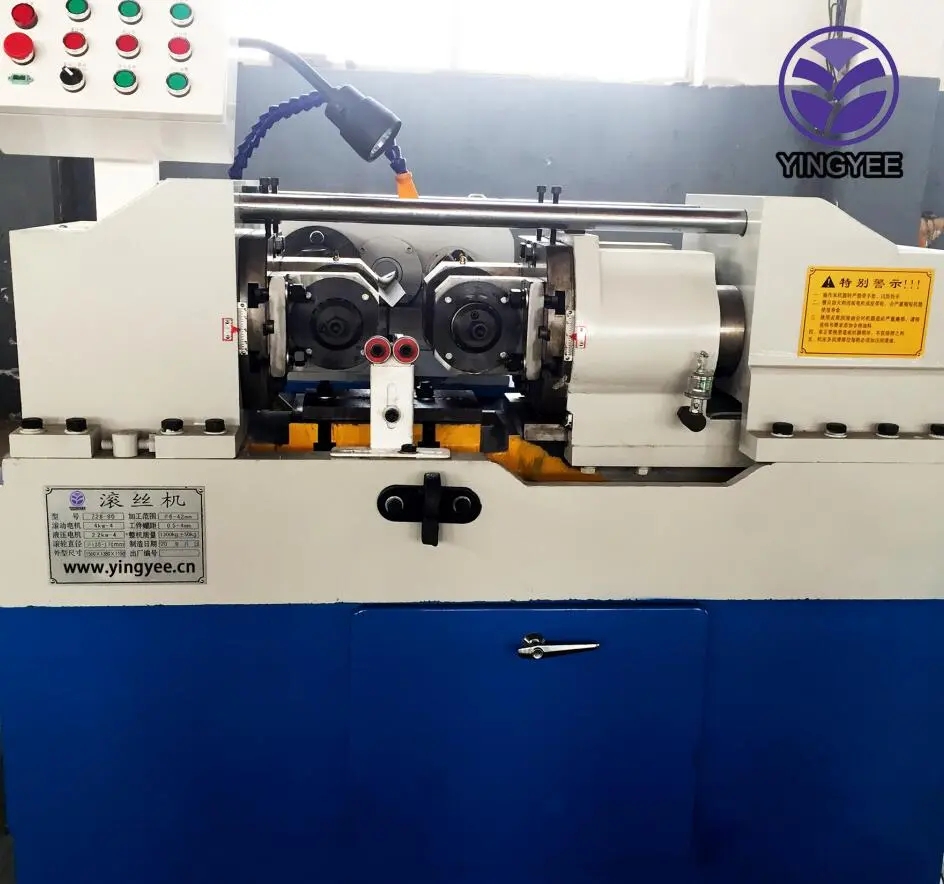The Importance of Grain Storage Roll Forming Machines
In recent years, the demand for efficient agricultural practices has surged, leading to innovations in grain storage solutions. One such innovation is the grain storage roll forming machine, a piece of equipment that plays a pivotal role in the agricultural sector. This machine not only enhances the efficiency of grain storage but also improves the overall quality and safety of stored products.
Grain storage roll forming machines are designed to produce a variety of storage components, including bins, silos, and other structures that are essential for protecting grains from pests, moisture, and other deteriorative factors. These machines utilize a roll forming technique that allows for continuous bending and shaping of metal sheets into specific profiles that fit the needs of grain storage solutions. The precision and consistency achieved through this process ensure that storage facilities are not only durable but also maximize space efficiency.
One of the primary advantages of using a grain storage roll forming machine is the cost-effectiveness it offers. Traditional methods of constructing grain storage facilities can be labor-intensive and time-consuming. In contrast, roll forming minimizes labor costs and speeds up the production process. This means that agricultural businesses can invest in better quality storage systems without incurring prohibitive expenses. Moreover, the reduced manufacturing time allows farmers and agribusiness companies to meet storage needs more swiftly, especially during peak harvest seasons.
The roll forming process is also environmentally friendly. By optimizing material usage, these machines generate minimal waste, which aligns with the growing emphasis on sustainability in agriculture. Additionally, many roll formed products are designed for longevity, reducing the need for frequent replacements and further contributing to environmental conservation.
grain storage roll forming machine
Another significant benefit of grain storage roll forming machines is the quality of the finished products. The machines use high-quality materials, often treated to resist corrosion and other environmental impacts. The strength and resilience of these materials ensure that the storage facilities can withstand harsh weather conditions, thus protecting the grains stored within. High-quality storage reduces spoilage, which is critical in maintaining the food supply chain and minimizing losses.
Furthermore, the versatility of grain storage roll forming machines cannot be overlooked. They can produce different types of storage solutions tailored to various crops, including grains like wheat, corn, and rice. The ability to customize storage systems based on specific agricultural needs means that farmers can effectively cater to their unique inventory control, ensuring optimal storage conditions for each type of crop.
In addition to enhancing storage capabilities, grain storage roll forming machines also contribute to improved operational efficiency. Automated roll forming systems can be integrated with smart technologies, enabling real-time monitoring of storage conditions such as temperature and humidity levels. This connectivity allows farmers to manage their grain more effectively and respond quickly to potential issues, safeguarding their harvests against adverse conditions.
In conclusion, grain storage roll forming machines are a vital component in modern agriculture, offering numerous benefits including cost-effectiveness, sustainability, high-quality production, versatility, and improved operational efficiency. As agricultural demands continue to evolve, investing in advanced storage solutions is essential for farmers looking to stay competitive in an ever-changing market. With the help of innovative machinery, the agricultural sector can ensure that it meets the challenges of today while laying the groundwork for a sustainable future.







